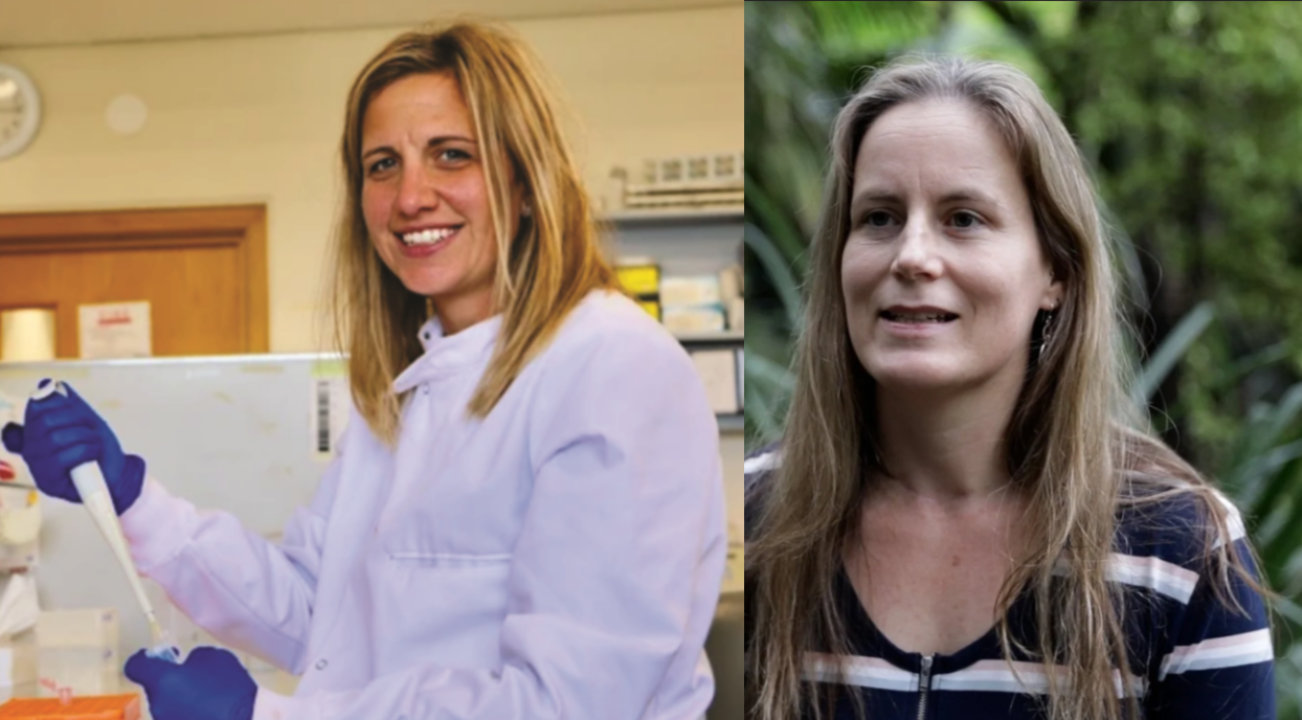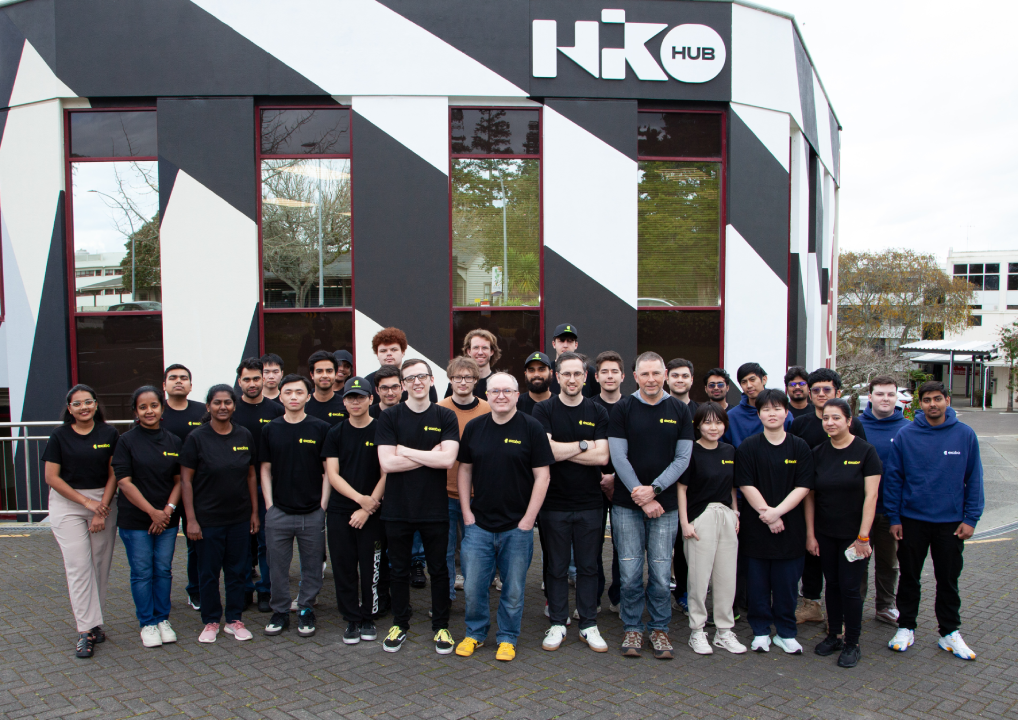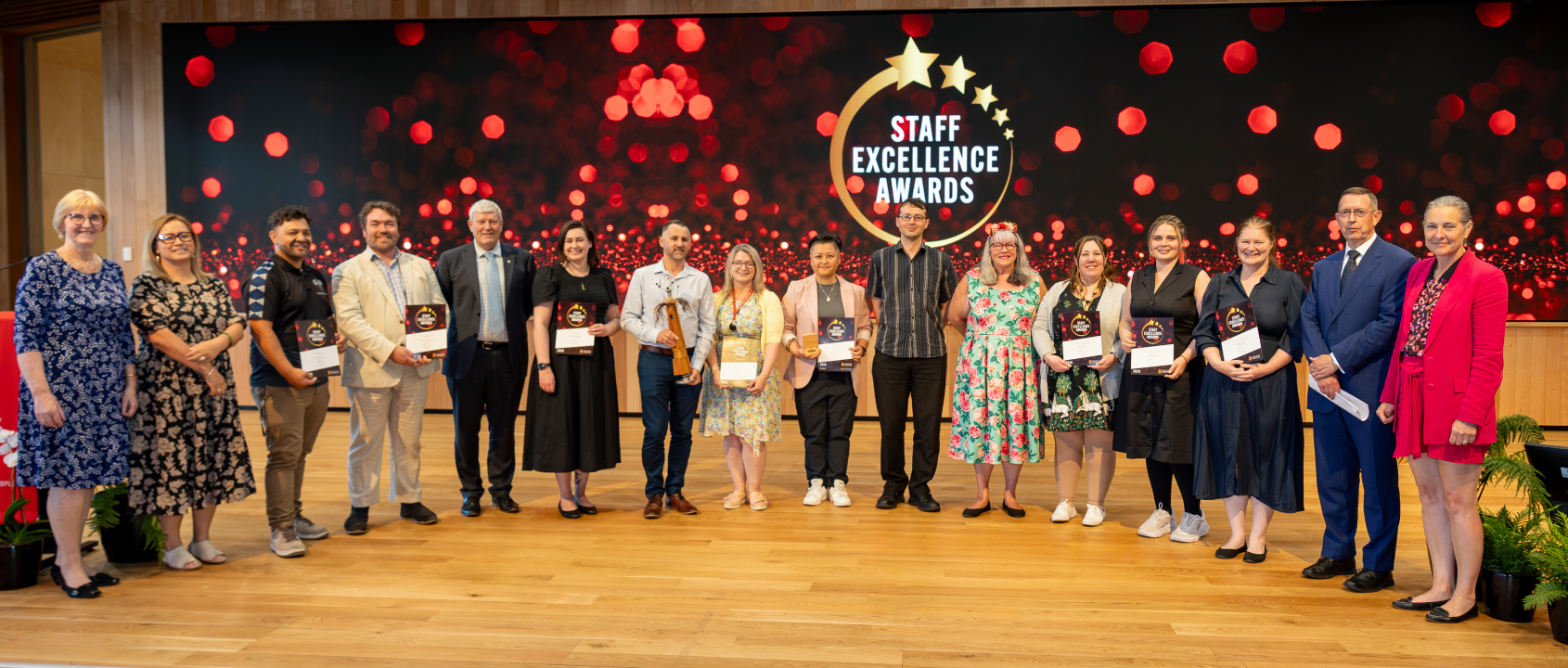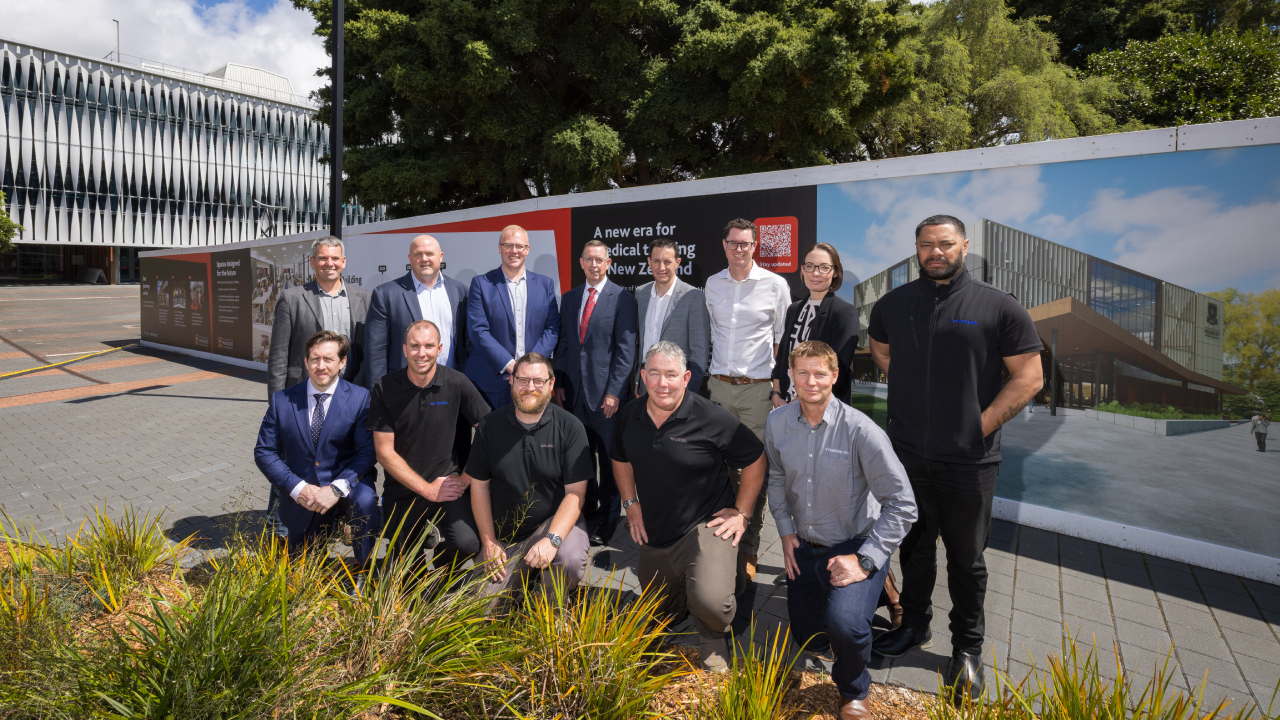
Alumnus Jackson Mason-Mackey works for the UN's World Food Programme currently based in Colombia.
Jackson was in in Mozambique for nearly two years before he applied for a job as a data analyst at the World Food Programme at their headquarters in Rome in the Nutrition Division. He stayed there for three years before going off to war-torn Afghanistan.
So what does he actually do? “It varies from country to country and depending on which organisation I’m working for, but in general terms as a data analyst my work focuses on monitoring and assessing humanitarian situations. I’m in Colombia now still working for the World Food Programme, and I’m collecting and analysing information to help us make evidence-based decisions on how to deliver food assistance to those who need it most.”
He'll consider, for example, what the “hotspots” are and key geographic areas that need humanitarian assistance. “How many people should we plan for to receive assistance? How do we prioritise some people over others when resources are insufficient? Who are the most vulnerable families and how do we identify them?”
They have many and varied methods of data collection to ensure they’re making the right decisions and reaching the right people, though Jackson says it’s not an exact science.

His most dangerous location was Afghanistan, where he worked on assessing levels of food insecurity and led a team of monitors working remotely to collect information in hard-to-reach areas.
“Moving from country to country, you have to be a bit adaptive. Afghanistan was probably the biggest lifestyle change because of the security situation. We lived and worked in a compound and movement was very restricted and only in an armoured vehicle.”
Jackson was a rare breed back in 2010 when he left his hometown Wellington to study at the University of Waikato. “There weren’t many of us from the capital, but I chose the University of Waikato specifically because I wanted to study demography, as it was the only university in the country to offer it at both undergraduate and graduate levels.” And he has no regrets. That combination of demography and economics set him up for the work he’s been doing for nearly a decade.
“A lot of my work relates to the analysis of population data, which is something I was already familiar with from my uni demography coursework, including issues related to population health, nutrition, migration, as well as practical aspects of using population surveys and official statistics,” he says.
“And my economics courses taught me a lot of hard quantitative skills that have been a great asset, including regression analysis and other econometric techniques, which I have applied in a range of contexts to analyse data related to food security and nutrition. Even my ability to use statistical software like R and Stata are skills that I learnt in my economics classes and tutorials.”
All the moving around meant he had to quickly get to grips with other languages, first understanding and then learning to speak, even just a little.
“I enjoy learning languages and feel lucky to have had the opportunity to be exposed to so many. Living in Colombia has probably been the most immersive experience, because almost all of our work happens in Spanish, so I really needed to learn the language fully and now I feel confident to give presentations, write documents and reports in Spanish. Before I started here, I took a three-month intensive Spanish course and I still go to classes.”





